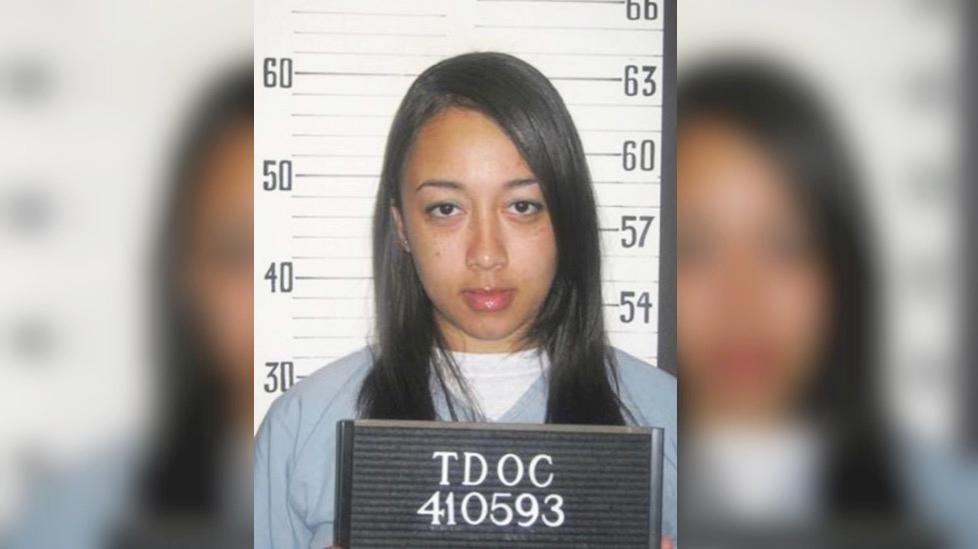Tennessee Gov. Bill Haslam granted executive clemency to Cyntoia Brown, a victim of child sex trafficking who killed a Nashville man in 2004 when she was 16 years old.
Brown was sentenced to life for killing the man. In December, Tennessee’s Supreme Court ruled that Brown, 30, has to remain in prison for 51 years before she is eligible for parole.





